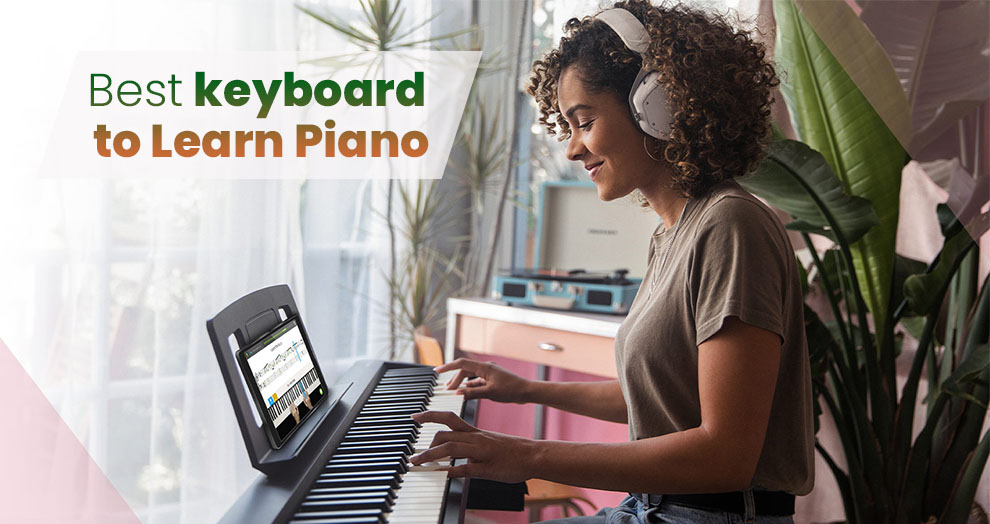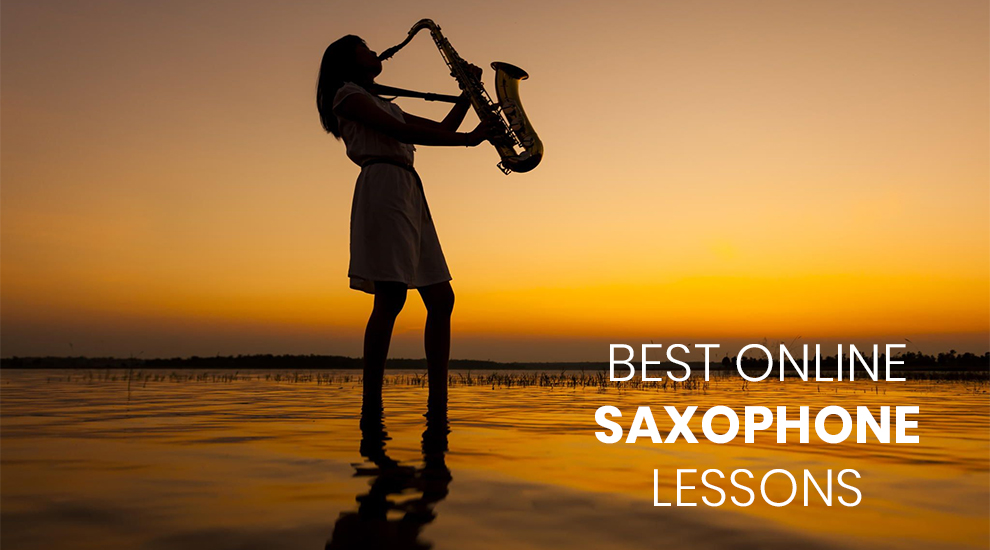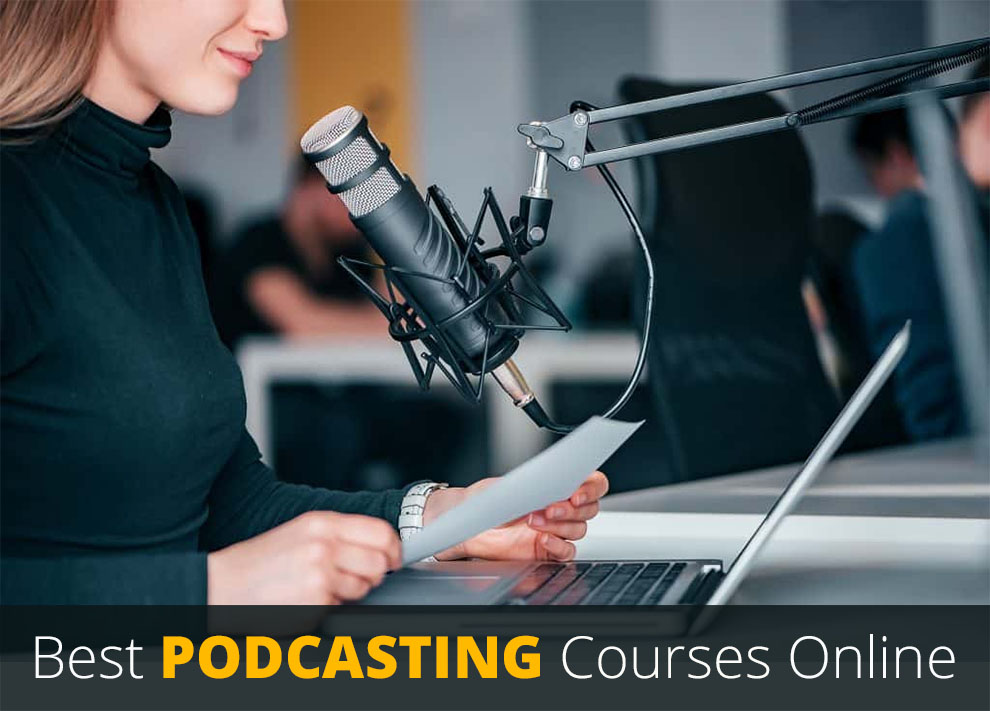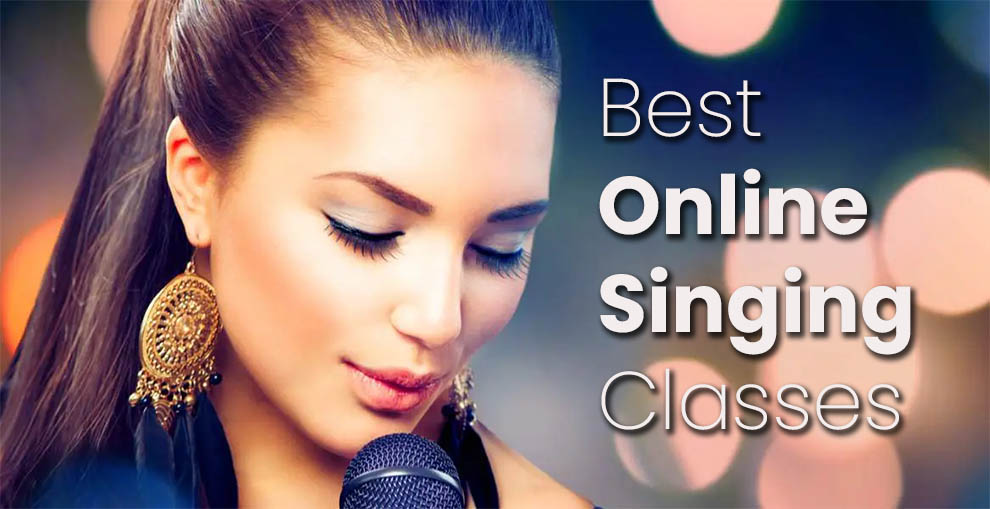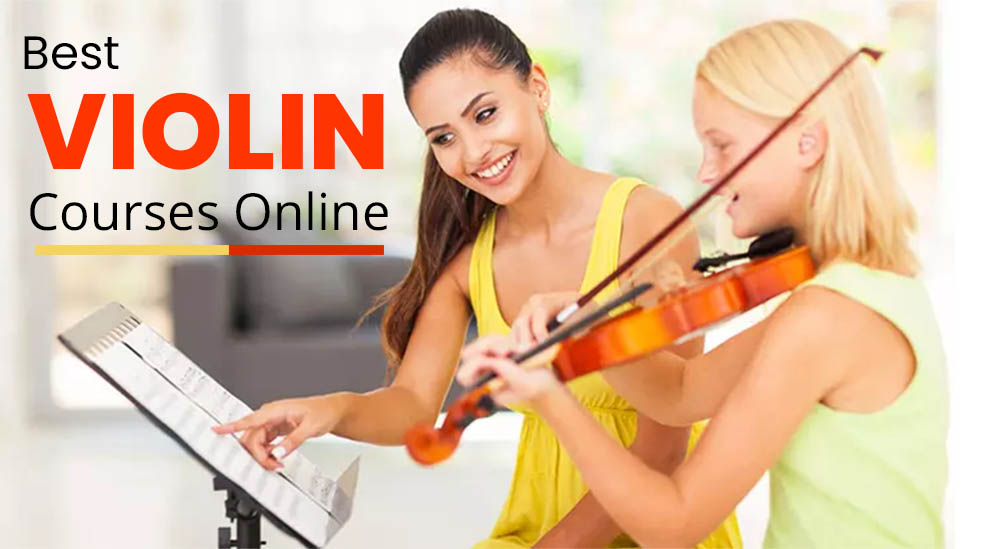Why not consider a starter keyboard to learn piano? See, the piano is one of the most fun and easy instruments. But, if you are an amateur or a beginner who has recently started learning the drill to read music, it makes sense, to begin with, the best keyboards to learn piano.
Keyboards are a lighter alternative that can help you learn to play like your favorite artist in only a few weeks of training.
In the last couple of years, there has been a surge in the popularity of keyboards, and there is no surprise, given the vast range of options available for aspiring pianists and keyboardists.
Consequently, today it is cheaper and easier to play keyboards and learn piano. But, to get started, you need to know which are some of the good keyboards to learn piano. To help you make an informed decision, we researched and handpicked the below-listed top ten best keyboards to learn to play piano.
Let us get started and address some of the best keyboards for practicing piano one by one.
10 Best Keyboard To Start Learning Piano
- Yamaha NP12
- Yamaha P-45
- Yamaha NP32
- Yamaha P-125
- Yamaha PSR-E373
- YAMAHA YPT 260 61
- Casio CT-S300
- Casio CT-S1 61
- Alesis Recital 61
- Donner DEP-20
Is It Better to Learn Piano on The Keyboard?
The keyboard is a better choice for those who want to play modern music at different locations. However, if you enjoy playing traditional piano music at venues and your pocket allows you to buy a piano, you can start with that.
10 Best Keyboard to Learn Piano For Adults & Beginners
1. Yamaha NP12
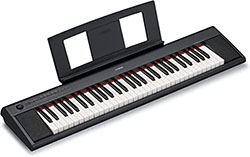 |
Check Price |
| Rating | 4.7 |
| Brand | Yamaha |
| Keys | 61-Keys |
| Weight | 15 Pounds |
It is a good choice to start piano learning that comes with 61 touch-sensitive piano-style keys, making it the perfect beginner-friendly pick.
Features
- It has a USB Host port for a seamless connection.
- Battery-powered
- It comes with a controller App for iOS for a rich, graphic user interface.
- It uses six AA batteries.
- Lightweight, compact keyboard
- Easy and quick configuration and navigation
- It gives a five-hour backup.
- Power consumption:8 W
- Added upgrades include a song recorder function, extended battery life, and 64-note polyphony.
What does it lack?
- It does not come with a power cord.
- The sound quality is not the best but it is fine for a beginner to learn to play piano.
- The keys are not full-sized.
- Suitable for classic jazz, but not for other styles
2. Yamaha P-45
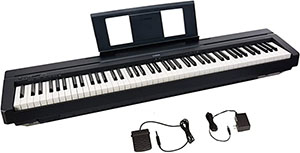 |
Check Price |
| Rating | 4.8 |
| Brand | Yamaha |
| Keys | 88 keys |
| Weight | 33 Pounds |
This Yamaha P-45 is one of the best keyboards to learn piano. It comes with the music rest, sustains pedal, and power adapter.
Features
- It has ten different digital sample tunes from the original Yamaha acoustic grand pianos.
- You can merge two voices with the dual-mode
- GHS weighted action is lighter in the high-end and heavier in the low-end.
- Professional level performance with 88-fully weighted piano-style keys that give you the acoustic piano feels.
- Allows portable pedal plugging into the keyboard to practice drawn-out, sustained notes.
- The sound quality is close to an acoustic piano.
What does it lack?
- Speakers are not the best.
3. Yamaha NP32
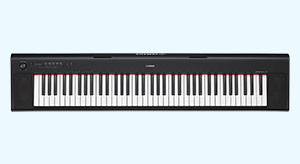 |
Check Price |
| Rating | 4.7 |
| Brand | Yamaha |
| Keys | 76 Keys |
| Weight | 12 Pounds |
It can be a good pick if you need the best keyboard for adults to learn piano. Known for its excellent tone and lightweight, it is one of the compact and the best keyboard to learn piano on.
Features
- Half-damper control with the optional FC3A pedal
- It gives a backup of five hours on six AA batteries.
- Has built-in speakers
- Compatible with Yamaha’s iOS apps
- Ensures Graded Soft Touch action in a space-saving 76-note keyboard
What does it lack?
- The keys are not full-sized.
- Sound quality is sub-standard
- Higher notes are not in tune.
4. Yamaha P-125
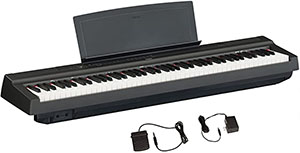 |
Check Price |
| Rating | 4.8 |
| Brand | Yamaha |
| Keys | 88 Keys |
| Weight | 26 Pounds |
Next on our list of best keyboards for adults to learn piano is another one of Yamaha’s offerings. It is built around the renowned Yamaha CFIIIS concert grand piano. The piano guarantees a melodic sound, recognizable to any seasoned pianist.
Features
- Fingers feel at home on this keyboard’s Graded Hammer Standard action – lighter in the high keys and heavier in the low keys.
- Full-weighted digital piano with 88 full-sized piano-style keys
- It comes with a USB for connecting with MIDI.
- Audio transfer seamless with USB
- With the split mode, you can play different voices with each hand – Tuning: 414.8 440.0 to 446.8 hertz.
What does it lack?
- You hear a honking sound when striking the keys in a specific way.
- Some customers have complained about the sound from the E and F keys 2 octaves above the middle C
5. Yamaha PSR-E373
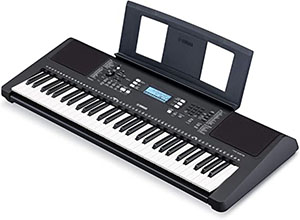 |
Check Price |
| Rating | 4.8 |
| Brand | Yamaha |
| Keys | 61 Keys |
| Weight | N/A |
It is the best keyboard to learn piano and an ideal portable pick for beginners and hobbyists. The E373 comes with 622 beautiful sounding instrument Voices and an array of accompaniment styles. Maintaining quality across 622 sounds is hard, but Yamaha pulls off well. It is the economical best keyboard to start learning piano.
Features
- Its natural-sounding and hammer-action keys are the best for learning proper piano techniques.
- The Default piano sound is top-notch.
- Advanced Wave Memory (AWM) technology gives away a decent sound.
- Stereo speakers are also solid despite the low 2.5W wattage
- It comes with 6 AA batteries.
- There is a USB to Host port, which supports both MIDI and Audio.
What does it lack?
- You have to buy the power adapter separately.
- Some sacrifices made in the name of playability
- Realistic feeling keys are absent
6. YAMAHA YPT 260 61
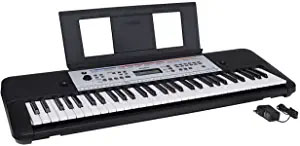 |
Check Price |
| Rating | 4.8 |
| Brand | Yamaha |
| Keys | 61 Keys |
| Weight | N/A |
We can call it as one of the good keyboards to learn piano for beginners as it is compact and portable
Features
- Lightweight keyboard
- 400 built-in instrument voices, 112 onboard songs, 130 auto-accompaniment styles
- It has an auxiliary input to jam your favorite songs.
- It comes with an LCD
- Open-ended interface, which lets users harness the keyboard’s features as per their learning style
- It comes with a PA130 power adapter.
What does it lack?
- It is an exceptional beginner-friendly keyboard but lacks features that may appeal to an intermediate-level player, like realistic sounds and touch-sensitive keys.
- No USB connection
- It does not come with a sheet music stand.
- Speakers are not fantastic and tend to crack at high volumes.
7. Casio CT-S300
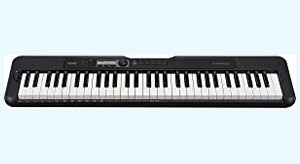 |
Check Price |
| Rating | 4.7 |
| Brand | Casio |
| Keys | 61 Keys |
| Weight | 9.63 pounds |
Casio has a long-standing pedigree, and this is indeed the best pick for beginners. It is the perfect keyboard, with a balance between price and features.
Features
- Velocity-sensitive 61-note keyboard
- Full-size keyboard
- Lots of sounds
- It comes with USB connectivity.
- Touch-response keys
- It has a built-in carry handle.
- Extensive library of over 400 sounds, 77 rhythms
What does it lack?
- Sounds, though adequate, is better in other listed keyboards.
8. Casio CT-S1 61
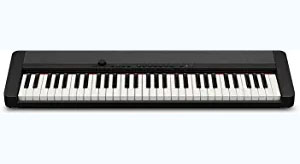 |
Check Price |
| Rating | 4.8 |
| Brand | Casio |
| Keys | 61 Keys |
| Weight | 9.92 Pounds |
It is one of the good keyboards to learn piano for students of all levels. It is an affordable, portable keyboard, suitable for beginners, courtesy of its decent price tag and approachable size. Though not a full-size, it does not feel cheap.
Features
- 61 full-size keys with touch response
- Optional WU-BT1 Bluetooth MIDI/Audio Adapter
- Class-compliant USB-MIDI that connects to the compatible Chordana Play app
- Optional 6xAA battery power
- Choice of 60 AiX-powered tones
- Potent bass-reflex stereo speaker system with surround effect
- Casio’s keys feel closer to a standard keyboard piano
- Available in three colors – black, white, and red
- Lightweight
- Built-in stereo system to connect to headphones
What does it lack?
- No ¼-inch audio outputs
9. Alesis Recital 61
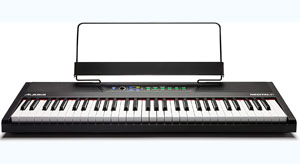 |
Check Price |
| Rating | 4.4 |
| Brand | Alesis |
| Keys | 61 Keys |
| Weight | 12.35 Pounds |
It is the best beginner-friendly keyboard with full-sized 61 premium, semi-weighted keys with adaptable touch response. The touch response feature serves your variable playing style.
Features
- Premium 10 voices with 2 built-in speakers (20W)
- Allows connection with a stereo headphone output, pedal input, and stereo RCA outputs for connection to amplifiers or speakers
- You can power it with the included power adapter or 6D cell batteries.
- Several power-packed educational features like Skoove 3-month membership to enjoy online lessons.
- With this best keyboard to learn to play piano, you get 60 Free Virtual Lessons from Melodics and TakeLessons free live video lessons for two months.
What does it lack?
- It does not come with a ¼” sustain pedal input
- Batteries not included
10. Donner DEP-20
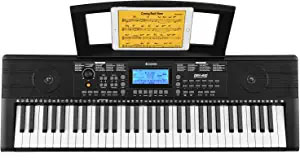 |
Check Price |
| Rating | 4.4 |
| Brand | Donner |
| Keys | 61 Keys |
| Weight | 10.14 Pounds |
It is one of the best electronic keyboards for learning piano, packed with top-notch speakers that guarantee warm tone, heavy bass, and 3-D surround sound.
Features
- Two 4-inch 20W high-quality speakers
- Light piano body
- Portable
- It comes with three excellent teaching modes.
- It has a vast music library, comprising 500 tones, 300 rhythms, and 40 demo songs.
- LCD panel
- Supports U disk, USB MIDI, microphone, external audio, extra Sustain Pedal, and headphones
What does it lack?
- No dedicated lesson mode
Related: Best Piano Training Lessons Online | Top Songwriting Classes Online
How Do I Choose A Beginner Piano?
Above, we have discussed the top ten best keyboards to learn piano for adults just starting with the piano. But from our recommendations above, how to pick the best starter keyboard to learn piano?
Here are some factors that can help you choose the best keyboard for practicing piano. Let us get started and address them one by one.
1. Your utility
Knowing the objective behind the purchase can help select a good keyboard. If you are an amateur, look for a basic one. But, if you wish to use it for performing on the stage, pick one with amplifiers, and if you are a composer, opt for an advanced keyboard.
2. Size
If you wish to get your hands on the best electronic keyboard for learning piano, size and weight should be one of the top considerations. Opt for a full-size keyboard with weighted keys to get started. However, if you live in a small apartment, pick a smaller-sized keyboard.
3. Budget
Price is a vital consideration if you wish to land with the best keyboard to learn piano on. The idea is to pick one that satiates your needs without burning a hole in your pocket.
4. Action
Action refers to the performance output when pressed on by the player. It depends on the firmness and the resistance, and the best keyboard for adults to learn piano should have weighted keys.
5. Sound
It is another vital consideration when shopping for the best electronic keyboard for learning piano. The output produced should be top-notch.
6. Recording abilities
Recording abilities are vital if you seek a good keyboard that can help you compose your music.
7. Warranty
Almost all the good keyboards to learn piano comes with a period when you get the coverage for the product.
8. Brand
Several brands are offering the best keyboard to learn piano for adults. However, do not opt for a cheaper brand because that would not last long.
9. Connectivity
Even though it is not a must-have feature in the starter keyboards to learn piano, several brands offer this feature. Hence, if you wish to unleash your creativity, there is no harm in exploring these features.
10. Portability
If you wish to pack and carry around your keyboard for practice, it is vital for your best keyboard for practicing piano to come with batteries to ensure portability.
11. USB compatibility
Unfortunately, not all beginner-friendly best keyboards to start learning piano come with USB compatibility, but it is an affordable and straightforward interface. So, you can easily find it in some designs.
12. Genre
When selecting the best keyboard to learn piano, consider the genre you will play on it. It decides the number of keys you need on your keyboard.
13. Features
Lastly, for someone new, a digital piano, which allows technique practice is the best keyboard to learn to play piano. But, as an experienced player, you want added features like recording and sound-shaping abilities.
Related Music Lessons: Saxophone | Violin | Drum | Guitar
Frequently Asked Questions
Ques 1. Is it ok to learn piano on a keyboard?
Ans. Yes, you can learn piano on a keyboard.
Ques 2. What keyboard is closest to a piano?
Ans. Kawai MP11SE is the closest to a piano.
Ques 3. Should I get an 88-key keyboard as a beginner?
Ans. Typically, keyboards come with 66, 72, and 88 keys. If you are a beginner, 66 keys will suffice your needs. You can play most music in the 72-key version. So, as a newbie, you do not need an 88-key keyboard.
Ques 4. What is the difference between 61 keyboards and 88 keyboards?
Ans. They have the same notes as the 88 keyboards, but their range is shorter.
To Sum Up…
With all the options you have today in the market, it is bound to get confused about which keyboard to buy. But then again there is no one answer to which is the best keyboard, to begin with.
The ideal way to go about it is to check the buying guide mentioned above, understand your level of expertise, and then narrow down your search to the perfect instrument.

